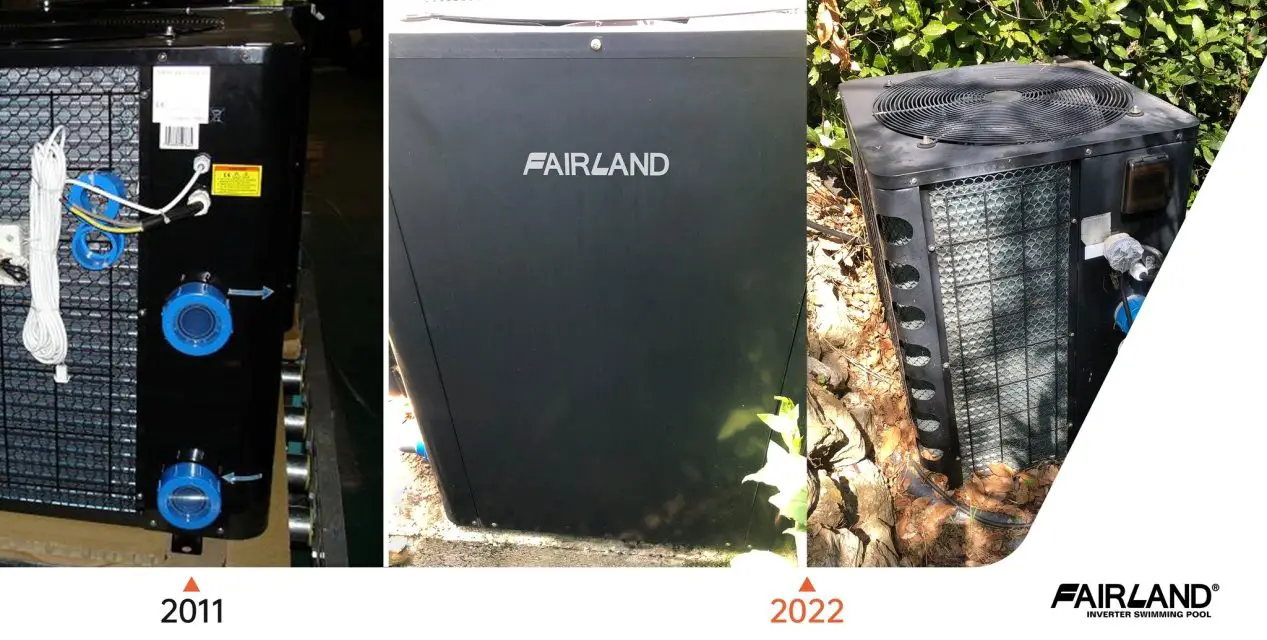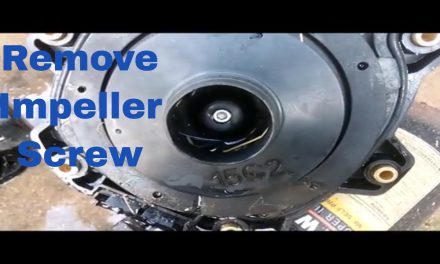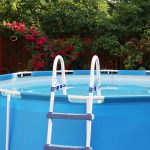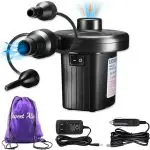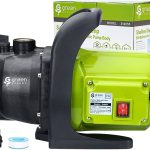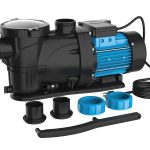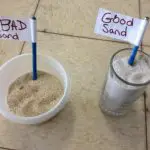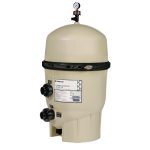Pool pumps typically last for around 8 to 12 years before needing replacement. Signs that your pool pump may need replacing include strange noises, constant leaks, frequent breakdowns, the pump shutting off, loss of suction, power tripping out, and old age.
As a pool owner, it’s essential to understand the lifespan of your pool pump to ensure optimal functionality and avoid potential issues. Pool pumps play a crucial role in maintaining clean and clear water by circulating and filtering it. However, like any mechanical device, pool pumps don’t last forever.
In general, pool pumps have a lifespan of approximately 8 to 12 years before they need to be replaced. It’s important to be aware of the signs that your pool pump may need replacing to prevent any disruptions to your pool’s operation. We will discuss these signs in detail to help you determine if it’s time for a new pool pump.
Factors Affecting Pool Pump Lifespan
Factors affecting the lifespan of pool pumps include proper installation and maintenance, water chemistry and balance, frequency of use and run time, quality of pool equipment, and environmental factors. Installing the pump correctly, conducting regular maintenance, and ensuring that the water chemistry is balanced contribute to a longer lifespan.
Additionally, the frequency and duration of pump use, as well as the quality of the equipment used, play a significant role. Environmental factors, such as weather conditions and exposure to debris, can also impact the pump’s longevity. By addressing these factors, pool owners can extend the lifespan of their pumps and enjoy efficient and reliable pool operations.

Credit: www.amazon.com
Signs That Your Pool Pump Needs Replacing
Unusual noises coming from your pool pump while it’s running may indicate a malfunction. Constant leaks from the pump should also raise concerns. If you find yourself frequently experiencing breakdowns even after repairs, it may be time for a replacement.
Another sign is if your pump keeps shutting off unexpectedly. A loss of suction can also be an indication of a failing pump. If you notice that the power keeps tripping out when the pump is running, it’s a definite red flag.
Lastly, consider the age of your pump. Over time, older pumps may become less efficient and require replacement. Keeping an eye out for these signs will help you determine when it’s time to invest in a new pool pump.
Maximizing The Lifespan Of Your Pool Pump
To maximize the lifespan of your pool pump, regular cleaning and maintenance are crucial. Monitor and adjust the water chemistry regularly to ensure optimal performance. Using a pool cover can minimize debris and UV exposure, reducing strain on the pump.
It’s also important to optimize the run time and avoid unnecessary use of the pump. Check for leaks and address them promptly to prevent further damage. Consider upgrading to a variable speed pump, which can improve efficiency and longevity. Installing a pool pump timer can help regulate usage and reduce wear and tear.
Lastly, hiring a professional for regular inspections and servicing will ensure that any issues are addressed early on. By following these guidelines, you can extend the lifespan of your pool pump and avoid costly replacements.
Frequently Asked Questions On How Long Do Pool Pumps Last
How Do I Know If My Pool Pump Needs Replacing?
Your pool pump may need replacing if you notice strange noises, constant leaks, frequent breakdowns, the pump keeps shutting off, loss of suction, power tripping out, or if it is old.
What Is The Life Expectancy Of A Pool Pump?
The life expectancy of a pool pump varies but typically lasts for around 8 to 15 years.
Is It Worth Fixing A Pool Pump?
Fixing a pool pump is worth it because it ensures proper functioning and avoids costly replacements.
Conclusion
Understanding the lifespan of pool pumps is crucial for maintaining the efficiency and functionality of your pool. While various factors can influence how long a pool pump lasts, on average, they can provide reliable service for about 8 to 15 years.
Regular maintenance, such as cleaning the filter and inspecting for any leaks or unusual noises, can help prolong the lifespan of your pool pump. Additionally, investing in a variable speed pool pump can offer energy savings and potentially extend the pump’s longevity.
If you notice any clear signs of pump failure, such as constant leaks, loss of suction, or frequent breakdowns, it may be time to consider replacing your pool pump to avoid further issues and ensure optimal performance. By staying proactive and knowledgeable about pool pump lifespan, you can enjoy a clean and healthy pool for many years to come.

